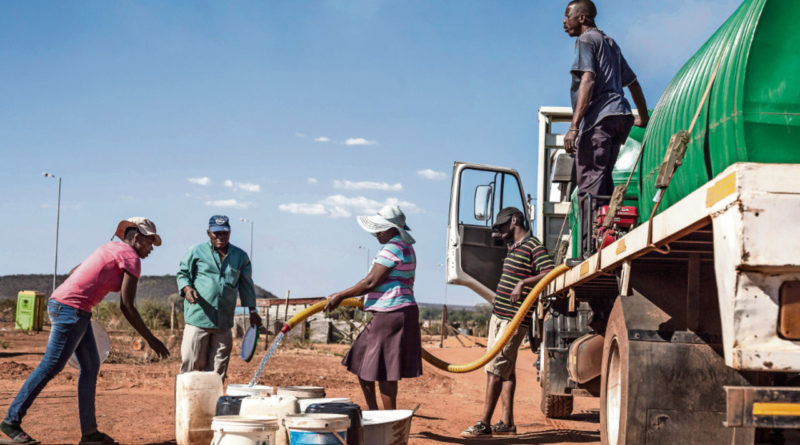South Africa in a political drought
South Africa’s drought has not only overwhelmed the country but also the country’s capacity to convey exactly how immense its effect is.
Less rain fell last year than in any of the past 112 years. The record grain harvest of 2014 was 14-million tonnes. At best, seven million tonnes will be harvested this year. Thanks to late rains and delayed planting, much of that is racing against the clock, with grain needing 150 frost-free days to mature.
The Southern African Development Community region has no food. Basic food prices have gone up by a third. Potatoes have doubled in cost in a year. About 30-million South Africans could go hungry as we wait for the 2017 harvest in the hope that farms recover.
The effect of this drought will be felt for years to come, especially with the country also having limited capacity to survive shocks.
We have to blame our politicians for putting us in this position. We are unique in not having an Act dealing with food security. We mine in water catchments. We act in response to crises, rather than prepare for them. Our currency gets damaged by decisions that have nothing to do with the concerns of the country. That makes food imports crippling.
Globally, politicians have refused to act meaningfully on climate change. That means our current drought will become the new normal. With journalism coming close to exhausting superlatives in a relentlessly depressing narrative, it is easy to just give up.
But, once again, South Africans have risen to this adversity. Water donations have broken records and urban homes are sending their lawn clippings to desperate farmers. United, this country can do anything. But citizens should not be plugging the gaps created by feckless politicians.
Mail and Guardian, South Africa

